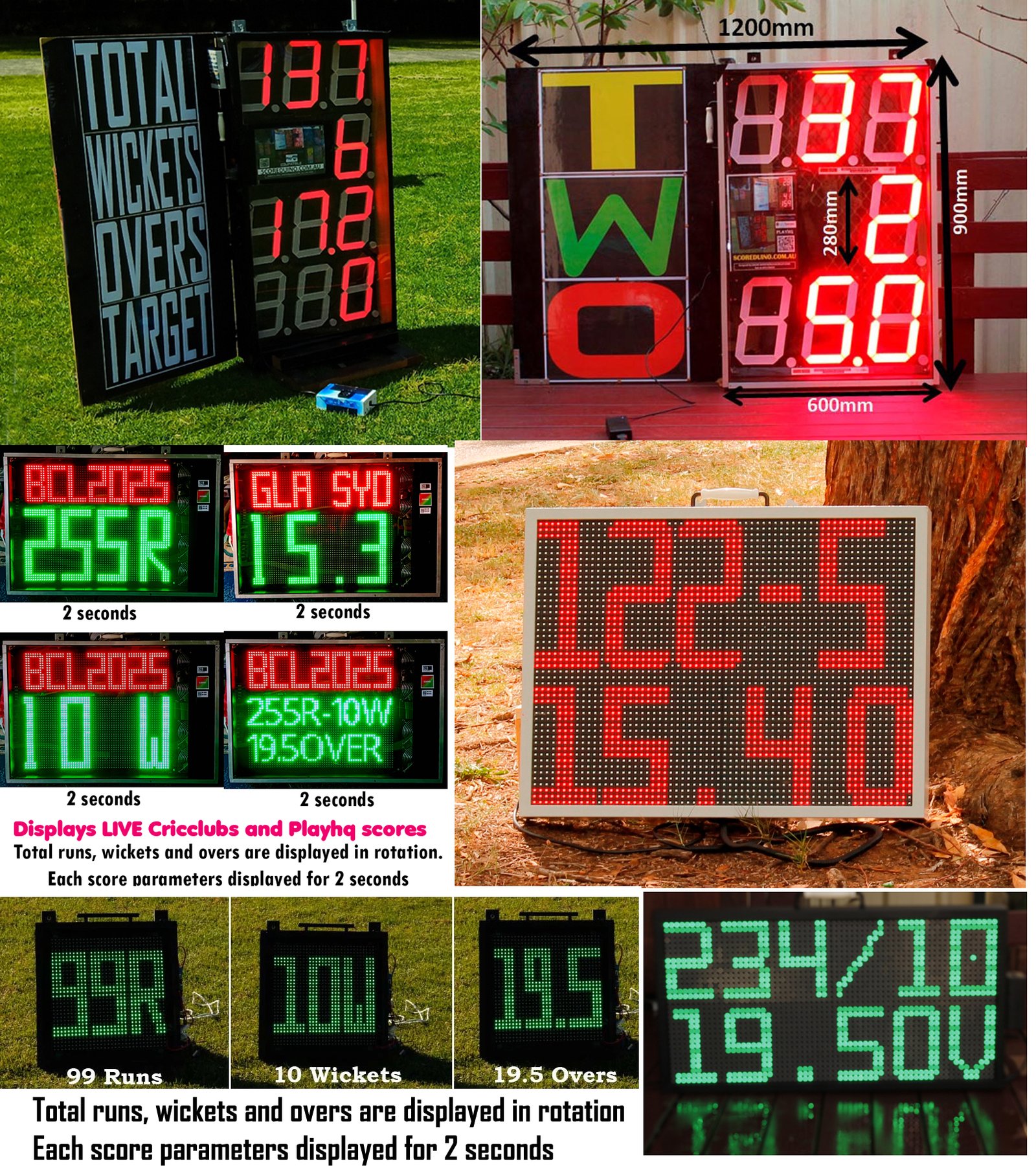🔻 Disadvantages of Selling Over Renting
1. Higher Legal and Compliance Burden
We may be required to provide warranties, comply with consumer laws, and meet product safety regulations.
If a customer has a problem, they might request repairs, replacements, or refunds under Australian Consumer Law.
Selling products can expose us to liability claims, especially if there’s an injury or malfunction.
2. Support and After-Sales Obligations
Buyers will expect ongoing technical support, software updates, and possibly training.
If the display fails at a live match, the buyer might blame us, hurting our reputation or even leading to legal action.
3. Inventory and Manufacturing Pressure
We would need capital and a team to mass-produce and support the units.
Forecasting demand is risky: build too many, and we lose money. Build too few, and we miss opportunities.
4. Price Sensitivity
Many customers may not understand the value of what goes into a digital scoreboard (R&D, electronics, software).
We may be forced to undervalue our product just to compete, which doesn’t justify the effort or cost.
5. Loss of Control
Once we sell it, people might modify, misuse, or even clone our design.
Renting keeps the hardware under our control and limits intellectual property exposure.
✅ Benefits of Renting Over Selling
1. Recurring Revenue
Rentals provide stable, repeatable income from the same hardware over time.
This model is often more profitable in the long run—especially since our units last for years.
2. Low Risk, High Control
We maintain full control over our equipment, software, and branding.
It’s easier to ensure quality and performance since we’re involved with each rental.
3. No After-Sales Headache
Once the rental period ends, our responsibility ends too.
We don’t have to worry about long-term technical support or guarantees.
4. Market Testing and Evolution
We can experiment with features, pricing, and design updates without committing to mass production.
Feedback from renters helps us improve the product continuously.
5. Exclusivity and Value Perception
Renting positions our scoreboard as professional-grade, not a cheap, disposable product.
This helps maintain a premium image, especially for sports clubs and major events.
✳️ When Might Selling Make Sense?
If we design a lower-cost, simplified version of the scoreboard for grassroots or community use.
If we’re ready to scale up with manufacturing, support, and legal infrastructure.
If we develop a plug-and-play version that needs minimal support.
✅ Summary Table:
| Aspect | Selling | Renting |
|---|---|---|
| Income Type | One-time | Recurring |
| Legal Responsibility | High (warranty, liability) | Low |
| Support Required | Ongoing | Limited to rental period |
| Upfront Cost to Customer | High | Lower |
| Brand & IP Control | Harder | Easier |
| Risk Level | High | Moderate to low |
| Suitable for Our Business | ❌ Not ideal | ✅ Recommended |

Leave a Reply